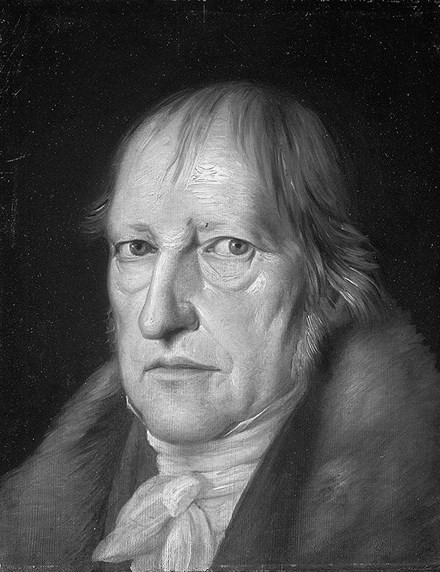

Comment on Jean-Yves Galvez "Hegel and Marx"
pp. 105-107
in: Joseph J. O'Malley, K Algozin, Howard P. Kainz, RICE (eds), The legacy of Hegel, Berlin, Springer, 1973Abstract
I will address myself, in turn, to the structure, content and scope of Professor Galvez" paper. First, with reference to its structure, I see in his paper a triadic element: it contains a very determinate thesis, then an antithesis, and finally a synthesis. The thesis I take to be that Marx first takes a very positive view of Hegel's dialectic. He thinks Hegel has got quite correctly negativity, man as self-creator, etc. However, there is an antithesis, namely that the sense of negativity and dialectic in Hegel is nevertheless deficient, because there really is no object, for Hegel, outside of man's consciousness; the object is simply a thought-object; and thus the dialectic is deficient. Yet — and here comes the synthesis —, to some extent Hegel and Marx are brothers in that (1) they share an essentially similar philosophy of history, with history being a process capable of being totalized in that all man's alienations can be reabsorbed in the end; and (2) they are both essentially humanists in that they commonly hold that man cannot be reduced to elements outside of him.



